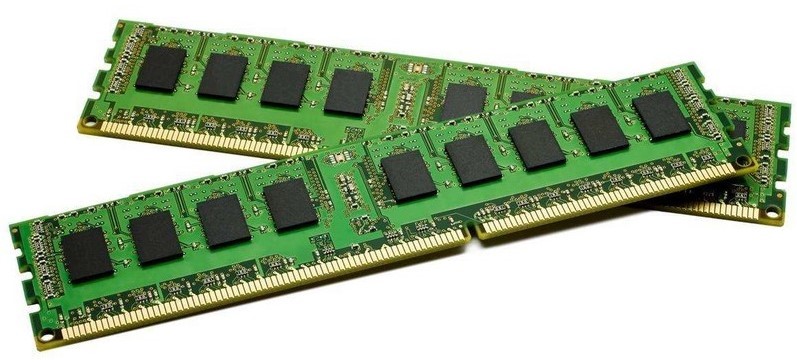Before we dive into the benefits of ECC memory it is important to understand what ECC memory is. Error correction code (ECC) memory is a type of RAM memory found in workstations and servers. Physically, the only difference between ECC memory and non-ECC memory (which you find in most laptops and desktop PCs) in that it has 9 memory chips instead of 8. ECC memory should be used in situations where data loss would have a major impact on your business. Why? Let us look.
ECC memory is valued by businesses for its ability to detect and correct memory errors automatically. That earlier mentioned 9th chip comes into play here. This extra chip is used for error detection and correction within those other eight chips. This allows the units to stay running 24/7 and for you to feel confident doing so. ECC memory has also been proven to lead to fewer system crashes, which widens its appeal. With all that said, ECC seems like an obvious choice, right? Well, not so fast.
With its benefits come certain caveats. ECC memory cannot be used in all systems. Your standard desktop PC likely cannot use it at all or can without its added benefits. Price is something to keep in mind as well. ECC memory is generally 10-20% more expensive than non-ECC memory. Most surprising however, is that ECC memory will slow your system performance down by an estimated 2-3 percent!
After looking at the pros and cons of ECC memory, its use case should be clear. If you are working in a field that needs to prioritize stability and reliability then ECC memory should be the type of RAM you choose. Its lasting benefits far outweigh its slight negatives.
Questions? We here at General Technics have 40 years experience answering them and helping customers find the right solutions for their business


This is simple and informative to know about ECC RAM. Thanks for sharing.